Knowledge Hub
The NACE Knowledge Hub is designed to keep the research community and people living with - and caring for someone with - allergies informed about the latest allergy news, publications, events and resources.
Since launching in September 2022, the NACE media, social media and online coverage has reached more than 1.5 billion people globally. Our researchers and experts have appeared on:

NACE News
More news & media For help with finding experts, story ideas and media enquiries, contact our Communications Manager.
Publications of interest
NACE events
NACE Symposium

A national forum showcasing emerging allergy research and fostering collaboration in the Australian allergy research community.
NACE – CFAR Training Day

A free one-day workshop offering specialised training for NACE and CFAR Postgraduate Scholars and early-mid career researchers.
Annual Stream Meetings

Virtual meetings for NACE members to hear the latest in food, respiratory, insect and drug allergy research from national and international experts.
ASCIA – NACE HotPubs

A dedicated session at the annual ASCIA Conference supporting emerging allergy researchers to present their latest evidence.
Frequently asked questions
Why is Australia considered the Allergy Capital of the world?
Australia is the allergy capital of the world with an estimated five million people living with allergic disease. We also have the highest reported rates of childhood food allergy globally. Researchers have identified several risk factors, including infant diet and eczema. Other environmental factors, factors related to our modern lifestyle and high levels of migration to the country may also be contributing.
Why is a national approach to the allergy epidemic important?
Allergic diseases is one of Australia's fastest growing chronic conditions. Alarmingly, deaths from anaphylaxis in Australia have increased by seven per cent per year (1997-2013). With allergy diagnoses and hospital admissions also on the rise. In 2022, the Australian Government funded the NACE and National Allergy Council (NAC) to deliver a national plan of action to turn back the allergy tide.
Why the NACE?
The NACE, hosted at Murdoch Children’s Research Institute, is Australia’s peak allergy research body. In just three years, it has become one of the largest and most ambitious centres of its kind globally. Backed by a national network of almost 500 experts in drug, food, insect, and respiratory allergies, the NACE builds critical national research infrastructure and collaboration to drive transformative, consumer-centred allergy care.
What are the most common types of allergies?
- Medication allergies (e.g. penicillin)
- Food allergies (e.g. peanuts, eggs, milk)
- Insect allergies (e.g. bees, wasps, Mammalian meat allergy)
- Respiratory allergies (e.g. pollen, dust mites, pet dander)
- Skin allergies (e.g. eczema, contact dermatitis)
Take part in allergy research
Allergy Studies Directory

Want to take part in allergy research?
The NACE Allergy Studies Directory lists 70+ drug, food, insect and respiratory allergy studies currently recruiting or under way across Australia. Individuals and families with allergic diseases can subscribe to receive email updates when new studies are listed.
Consumer Engagement Register

If you’re one of the millions of Australians impacted by allergic disease – we want to hear from you.
Join our Consumer Engagement Register if you are 18+ and impacted by allergies, and share your lived experiences with Australian allergy researchers.
Allergy resources
Partner organisations

To learn about projects aimed at improving the lives of people with allergies, visit the National Allergy Council (NAC)
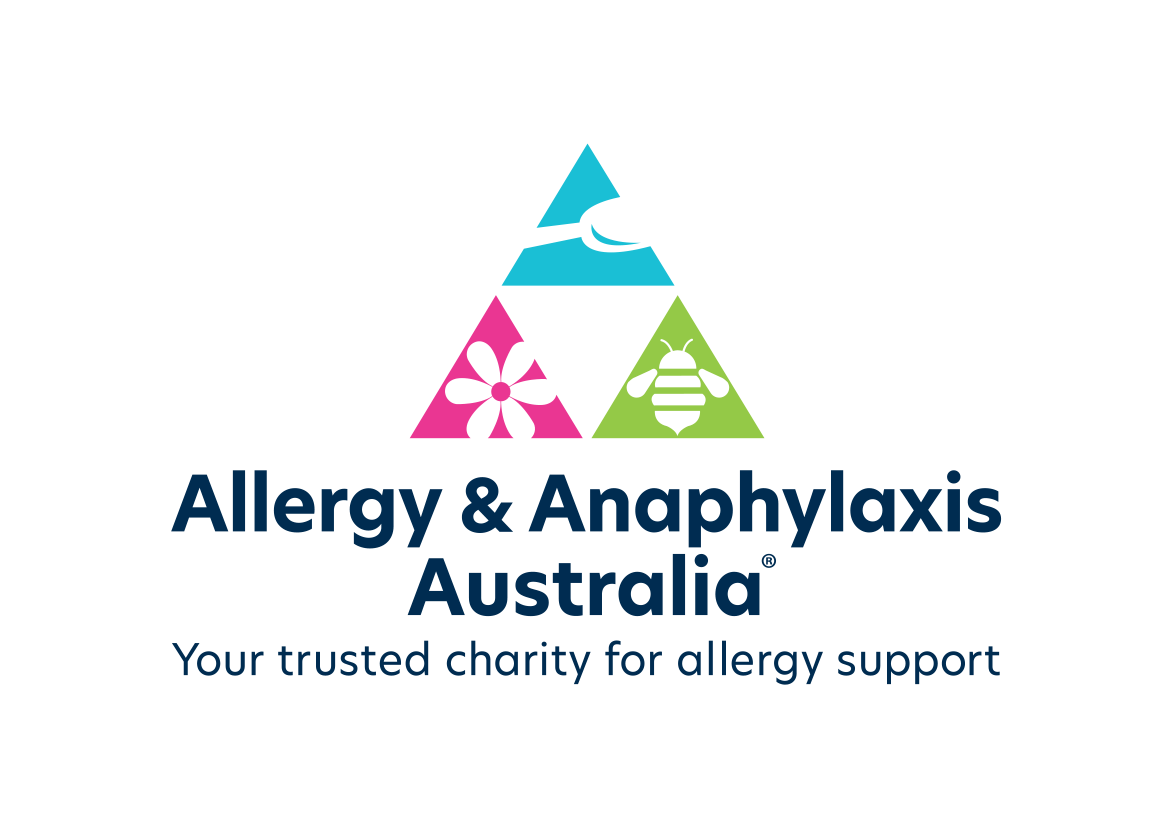
To find support and guidance about living with allergic disease, visit Allergy & Anaphylaxis Australia (A&AA).
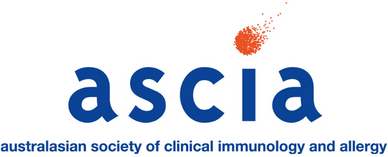
To access online allergy resources and training, visit Australasian Society of Clinical Immunology and Allergy (ASCIA).

To learn about the translation of clinical research into practice, visit the Murdoch Children’s Research Institute Allergy Flagship
Patient allergy resources
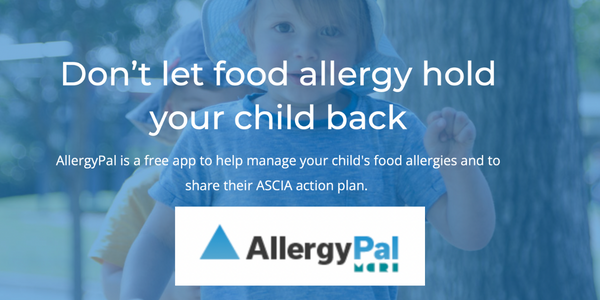
AllergyPal is a digital allergy management platform created by health care professionals to empower everyone to become experts at managing allergy and anaphylaxis.
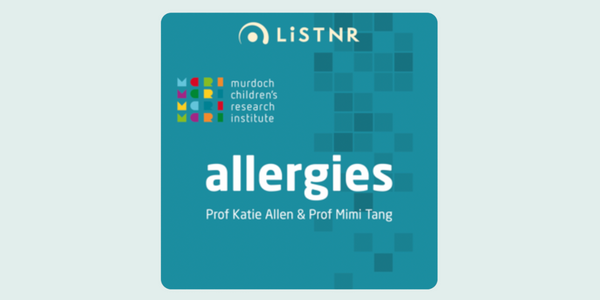
What happens to your body during an allergic reaction? Two leading paediatric allergists and researchers, Professor Katie Allen and Professor Mimi Tang break down in detail the diagnosis, management, prevention and cure of allergies.
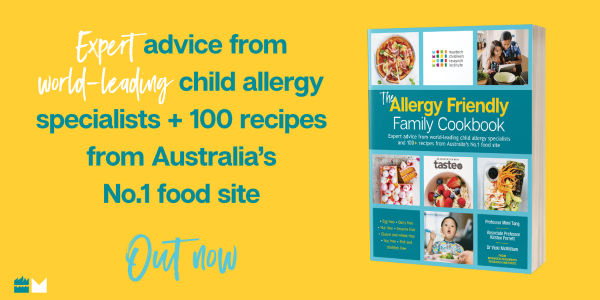
World-leading allergy researchers and paediatric specialists – Associate Professor Kirsten Perrett, Professor Mimi Tang and Dr Vicki McWilliam – have co-authored a cookbook featuring more than 100 allergy friendly recipes and evidence-based advice for families.

















